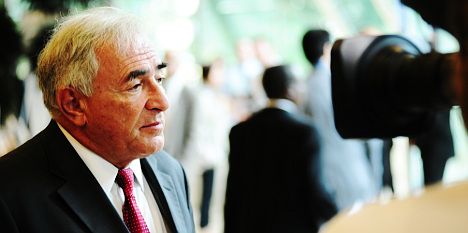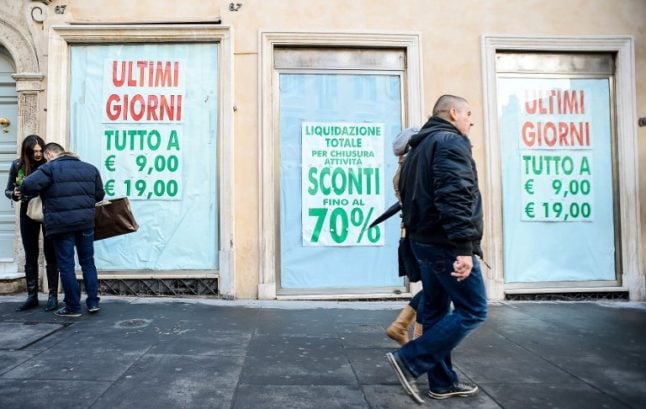Strauss-Kahn was forced to abandon his presidential ambitions after he was accused of sexually assaulting a hotel worker in May. The charges were later dropped by prosecutors.
Speaking at an event in Beijing, Strauss-Kahn made no mention of the allegations made against him earlier this year, preferring to focus on the economic malaise in Europe.
He called for closer integration of European Union countries and a unified budget at the event organized by internet company NetEase..
“We need to have the European Union being a real union,” he said. “That is the only way to solve the crisis.”
French daily Le Figaro said Strauss-Kahn hoped to use the forum to “return to public life on the other side of the world.”
He was joined on stage by Chinese economist Li Daokui who praised his “huge contributions” to the global economy during his spell at the IMF.
“In China a lot of people still support you and really love you,” said Li. “Beijing is probably the most welcoming place for you.”
After the speech, Strauss-Kahn answered questions posed by internet users but refused to discuss any aspects of his private life.




 Please whitelist us to continue reading.
Please whitelist us to continue reading.
Member comments